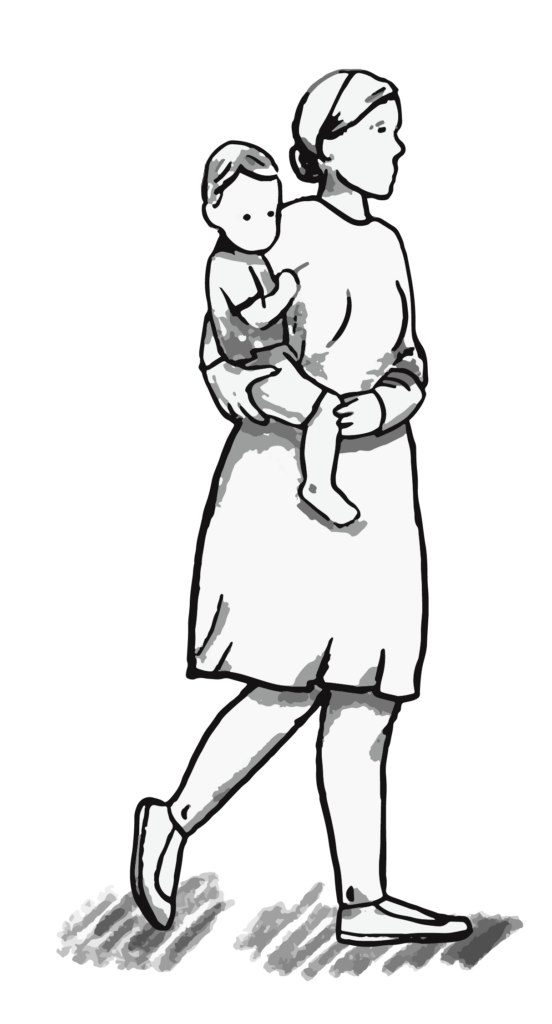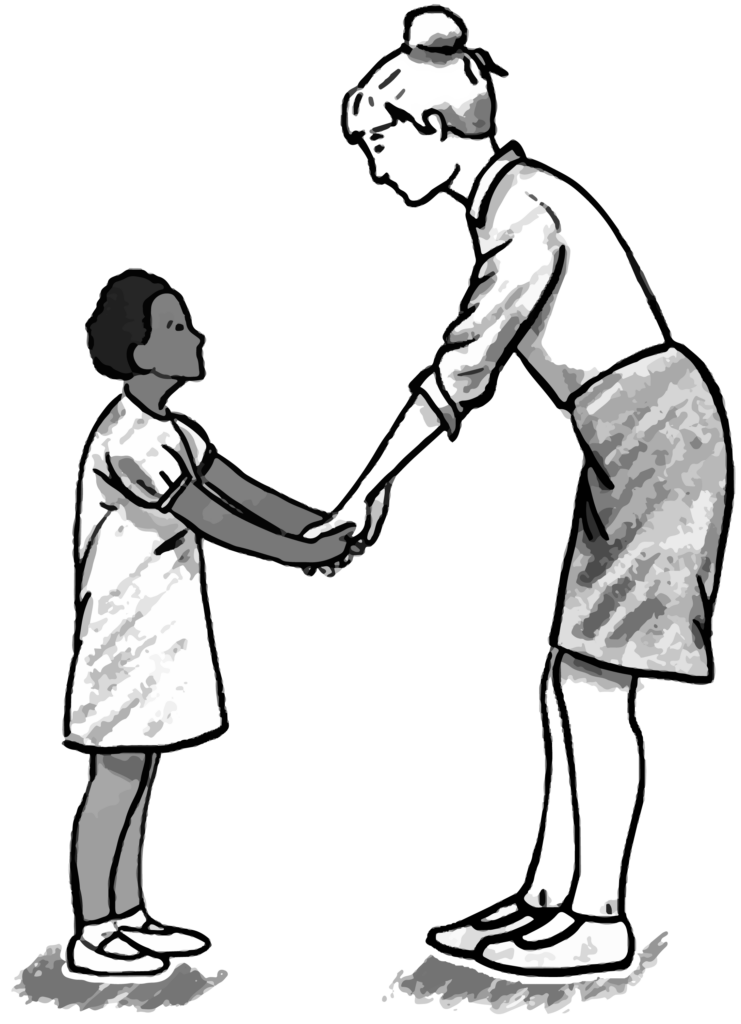Maneuvering around the world of parenting styles is like navigating a labyrinth. There’s so much advice out there, but it’s crucial to find what works best for your family and kids. You need more than just information – you need guidance that fits your unique situation. It’s not about rigid rules or one-size-fits-all approaches; it’s about finding an approach that feels right and supports the growth of both parents and children alike.
Effects on Kids and Their Caretakers
You see, the way parents choose to raise their kids doesn’t just influence the children. It also affects those who look after them – think nannies. Different parenting styles, be it lenient or strict, shape how a child behaves, handles emotions, and takes responsibility for actions. But here’s where things get interesting: we’re diving deep into how these varied approaches impact nannies’ experiences too! Specifically, when there are no repercussions or sense of responsibility in place – you bet that can make things tricky for caregivers.
Parenting approaches deeply shape a kid’s life, right? But it doesn’t just stop at the kids. Those who look after them – like nannies, they feel this impact too. Whether it’s the hands-off vibe of permissive parenting or the structured rigidity of an authoritative style, each method molds a kid’s actions, feelings and sense of responsibility in unique ways. Let’s plunge into how a guardian’s modus operandi can flip the script on a nanny’s day-to-day, particularly in those instances where repercussions and personal responsibility are MIA.
Permissive Parenting: The Consequence-Free Zone
Imagine a scenario where a child under the care of a permissive parent exhibits disruptive behavior but faces no repercussions. The child might throw tantrums, refuse to follow instructions, or display aggression without any consequences. For a nanny, this environment can be chaotic and challenging to manage. Without clear boundaries or discipline, the child may not respect authority figures, leading to frequent conflicts and difficulties in establishing a structured routine.
The Accountability Void: A Product of Guilt-Ridden Parenting
Some parents, overwhelmed by guilt or a desire to be their child’s friend rather than an authority figure, adopt permissive parenting styles. Some parents back off from setting boundaries, anxious that disciplining might damage their kid’s emotional health. So, what happens is kids end up growing without any sense of responsibility. They start thinking their actions don’t really lead to any fallout or backlash. This absence of responsibility doesn’t stop at home. It’s like a shadow, tagging along when kids hang out with babysitters, teachers, and even their buddies.
Emerging Trends: Parenting in Calm Waters
While many parents, driven by guilt or the desire to be their child’s buddy instead of a guiding figure, adopt laid-back parenting styles. They hold back from setting rules and boundaries because they’re scared that discipline might damage their kid’s emotional health. The fallout? Kids grow up without understanding accountability – the concept that actions come with consequences isn’t instilled in them. This lack of responsibility seeps into other aspects too; how they interact with caregivers, teachers, and even friends.
Changing Course
As we’re seeing a turn in the parenting paradigm, it’s important to take note. The ‘gentle parenting’ style is gaining ground, placing value on understanding and respect between parents and kids. This isn’t like permissive parenting – you know, where conflict is dodged at all costs? Nope! Peaceful parenting motivates parents to deal with behavioral issues coolly yet effectively. But here’s the thing – critics don’t hold back from saying that this approach may sometimes overlook the need for clear-cut boundaries and teaching kids about their responsibilities.
Lately, there’s been a surge in the use of peaceful or gentle parenting. This style? It’s all about empathy, clear communication, and treating your kids with respect – just like any other human being. Unlike permissive parenting, which avoids conflict at all costs, peaceful parenting encourages parents to address behavioral issues calmly and constructively. But some folks push back, saying that peaceful parenting might sometimes miss the mark when it comes to drawing clear lines and imparting lessons about duty.
The Decline of Authoritative Parenting: A Loss of Guidance
Authoritative parenting, characterized by warmth, clear expectations, and consistent discipline, was once a prevalent approach in many households. However, in today’s culture, this style has taken a backseat, overshadowed by gentler alternatives. In this modern era, the absence of proper structure and guidance often leaves children underprepared for life’s challenges; they struggle to grasp vital skills such as decision-making, problem-solving, or even maintaining self-discipline.
The Consequences: A Generation Not Quite Ready for the Real World
The effects of how we were raised don’t just stop when we hit adulthood, they shape who we become and influence the mindset of generations to come. Without exposure to authoritative parenting, many young adults enter high school and college unprepared for the challenges of independence and responsibility. Facing setbacks, juggling time, or chatting it up effectively can be tough cookies to crack, throwing a wrench in their quest for personal and scholastic success.
The way parents act with their kids doesn’t just shape the children, but also those individuals who help out, like nannies. While permissive parenting may create a consequence-free environment, it ultimately deprives children of the opportunity to learn accountability and self-discipline.
Navigating the fluid dynamics of parenting techniques, it’s crucial to pinpoint that golden equilibrium between compassionate understanding and necessary discipline – a strategy fundamental in shaping sturdy, accountable young adults primed for the convoluted labyrinth we call life.

